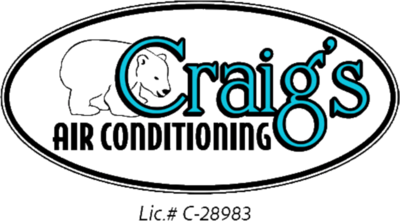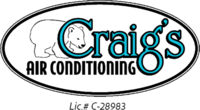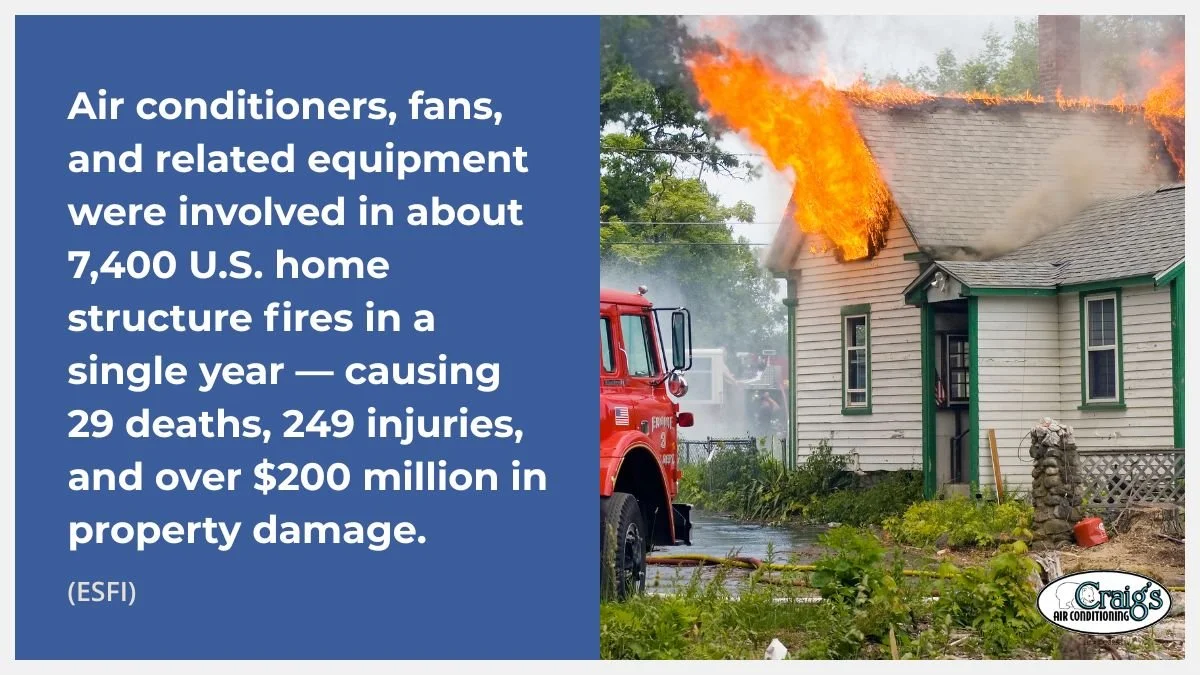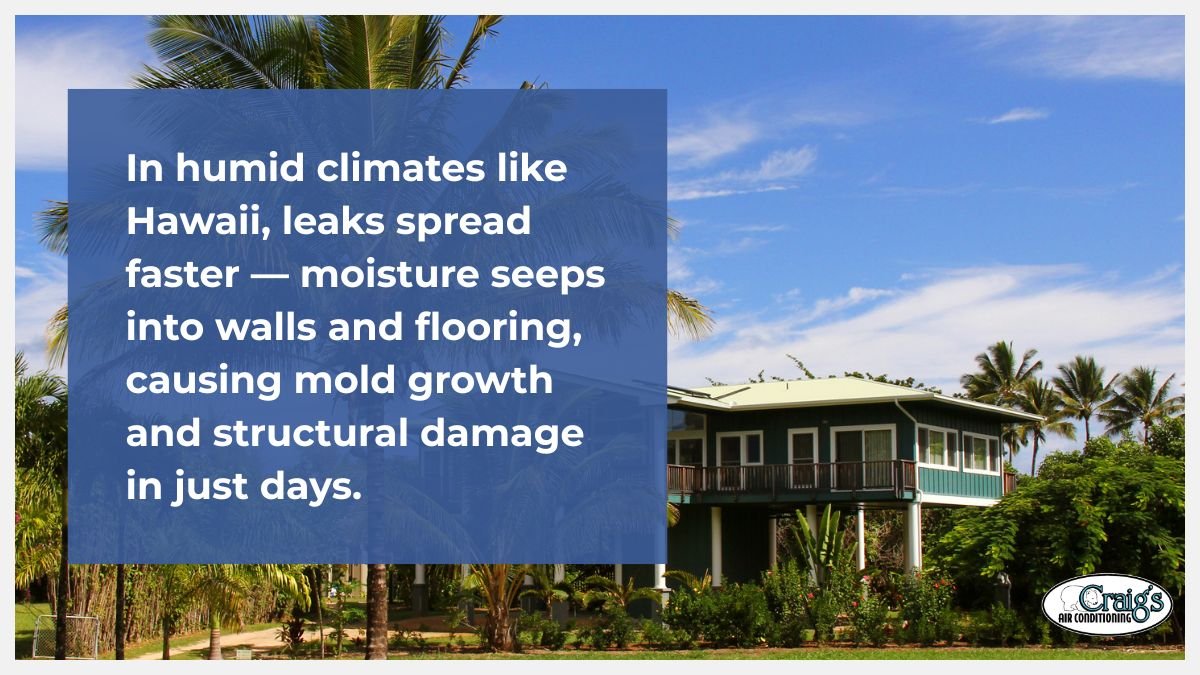7 Urgent Signs Your AC Needs Immediate Repair
When your AC struggles, it is easy to brush off the symptoms as a minor inconvenience. However, some issues are more than annoying. They are serious warning signs that can damage your system, increase repair bills, or even create safety hazards inside your home. Identifying the difference early can prevent a sudden breakdown and protect your family.
Here are seven urgent signs your AC needs immediate attention and why each one matters.
1. Refrigerant Leaks
Look for hissing noises, ice buildup on the evaporator coils, or puddles around your indoor or outdoor unit, these often signal a refrigerant leak.
Refrigerant is essential because it absorbs heat from indoor air and releases it outdoors. Low levels force your system to work harder, reduce efficiency, and increase the risk of severe mechanical damage.
Health and Safety Risks
Refrigerants can be harmful if inhaled. Exposure can cause dizziness, nausea, headaches, or, in extreme cases, breathing difficulties in enclosed areas. Leaked refrigerant also contributes to environmental harm.
System Damage Over Time
Untreated leaks can freeze coils, cause compressor burnout, and necessitate a full system replacement. The EPA requires leaks exceeding certain thresholds to be repaired within 30 days to minimize health and environmental risks.
Tip: Annual AC maintenance is one of the best ways to detect leaks early. A technician can monitor refrigerant levels and check for leaks.
2. Electrical Burning Smells
A burning or smoky odor from your AC is never a good sign. It usually means something inside is overheating such as wiring, the fan motor, or internal circuitry.
Common Causes of Burning Smells
Worn or damaged wires
Overstrained motors that generate excess heat
Geckos, insects, or small animals causing shorts on circuit boards
Electrical problems pose a fire hazard and should be taken seriously. If you notice a burning smell, turn the system off immediately and schedule a service appointment. Continuing to use the AC could worsen the issue and create additional damage.
Why It’s Dangerous
The Electrical Safety Foundation (ESFI) International reports that air conditioners, fans, and similar equipment have been involved in thousands of home structure fires in a single year, leading to injuries, fatalities, and significant property loss. The U.S. Fire Administration also found that many AC-related fires originate from internal short circuits.
A faint electrical smell can quickly escalate into a dangerous situation if ignored.
3. Water Leaks or Drainage Backups
Puddles, drips, or standing water around your AC indicate a drainage problem. Water can damage flooring, walls, electrical components, and insulation. It also encourages mold growth.
Clogged drain lines and malfunctioning pumps are the most common causes. In humid locations, moisture issues escalate faster because water does not evaporate as quickly.
Why Water Damage Spreads Fast in Humid Climates
Moisture in the air accelerates the damage caused by leaks. Humid conditions prevent water from evaporating, allowing it to seep deeper into walls and flooring. This not only increases the chance of mold growth but can also compromise wood, drywall, and insulation much faster than in drier climates.
4. Loud Grinding, Screeching, or Metal-on-Metal Noises
A quiet hum during operation is normal.
Metal-on-metal noises, grinding, or screeching sounds are not. These noises often indicate worn bearings, loose belts, or motor problems.
If left unaddressed, the damage can spread to the blower wheel or surrounding components. Continued use may turn a small fix into a major system failure.
5. Constant Tripping of the Breaker
If your AC repeatedly trips the breaker, do not continue resetting it. This usually means the system is drawing more power than it should.
Dirty coils, shorted wiring, or a failing compressor can overload the circuit. Breaker trips are also a safety issue, and running the AC repeatedly under these conditions can lead to electrical damage or fire hazards.
6. Strong Musty or Moldy Odors
If you smell mold or mildew when the AC runs, microbial growth is likely inside the system or ductwork. If ignored, mold spreads into the air and circulates throughout the home.
Health Risks of Mold in Your AC
Breathing mold spores may cause allergy symptoms, coughing, respiratory irritation, or worsened asthma. Research from the EPA and American Lung Association links indoor mold with increased asthma attacks and respiratory problems. Studies also show that fungal growth inside mini split systems can aggravate indoor air quality issues.
At this stage, only a professional cleaning can fully remove the contamination.
7. AC Won’t Turn On at All
If your AC refuses to start or shuts down immediately, the issue is likely significant. Possible causes include failed capacitors, electrical problems, or a seized compressor.
Repeated attempts to restart the system can create more damage. The safest approach is to call a technician for a full inspection and diagnosis.
Act Quickly to Protect Your System
These warning signs may seem small at first, but each one indicates a problem that can worsen rapidly. Addressing issues early protects your comfort, prevents expensive repairs, and keeps your home safe.
If you notice any of these symptoms, turn your system off and call a licensed HVAC professional.
Call Craig’s to Get Your AC Done Right
Need fast AC repair or professional maintenance in Hawaii?
Call Craig’s Air Conditioning today at (808) 682-0970 or schedule your service online. Our team is ready to help you protect your system and keep your home comfortable.





